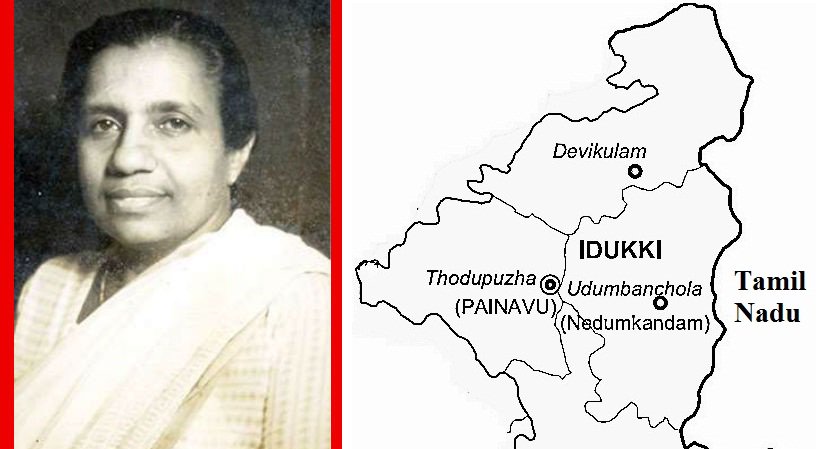#SibilantsMatter
#IAmNotSureWhatToMakeOfThis
(How do I delete a tweet in a chain without the rest also disappearing?)
#WhoSaysAChiasmusIsntAbleToIlluminate
“The tongue is a small member, yet it boasts of great things. How great a forest is set ablaze by such a small fire!”





